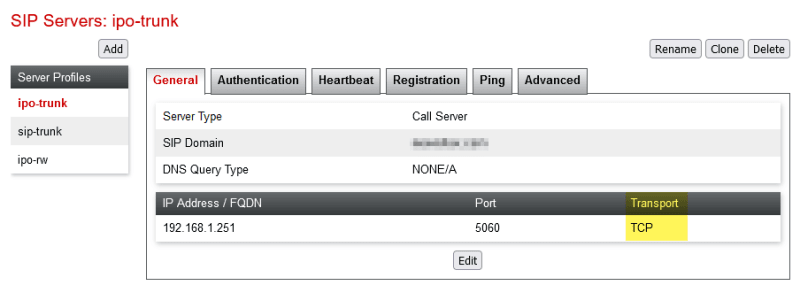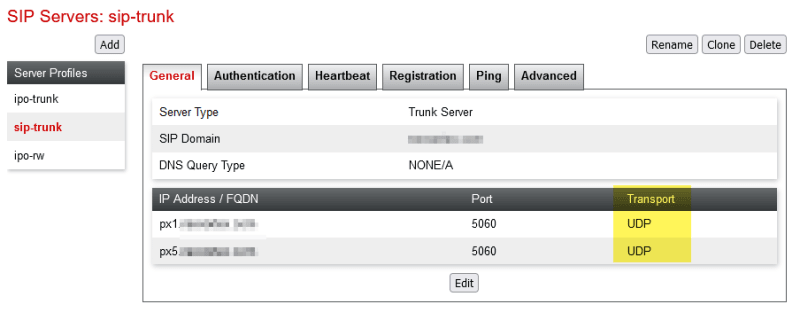Hello all,
After learning some more on networking and protocols, curious why anyone would use TCP vs UDP in a live stream environment.
I know TCP is more reliable, as it waits for a reply from the client to confirm it received the sent packet, however this offers no benefit to a live stream.
With my ASBCE, my SIP Provider only supports UDP, so that is the protocol used.
However, on the link between my IPO and ASBCE is TCP, wondering if I should update that to the faster UDP Protocol?
Waiting on responses before I do so.


ACSS
After learning some more on networking and protocols, curious why anyone would use TCP vs UDP in a live stream environment.
I know TCP is more reliable, as it waits for a reply from the client to confirm it received the sent packet, however this offers no benefit to a live stream.
With my ASBCE, my SIP Provider only supports UDP, so that is the protocol used.
However, on the link between my IPO and ASBCE is TCP, wondering if I should update that to the faster UDP Protocol?
Waiting on responses before I do so.


ACSS

![[bigsmile] [bigsmile] [bigsmile]](/data/assets/smilies/bigsmile.gif)
![[worm] [worm] [worm]](/data/assets/smilies/worm.gif)
![[lol] [lol] [lol]](/data/assets/smilies/lol.gif)
![[bomb] [bomb] [bomb]](/data/assets/smilies/bomb.gif)